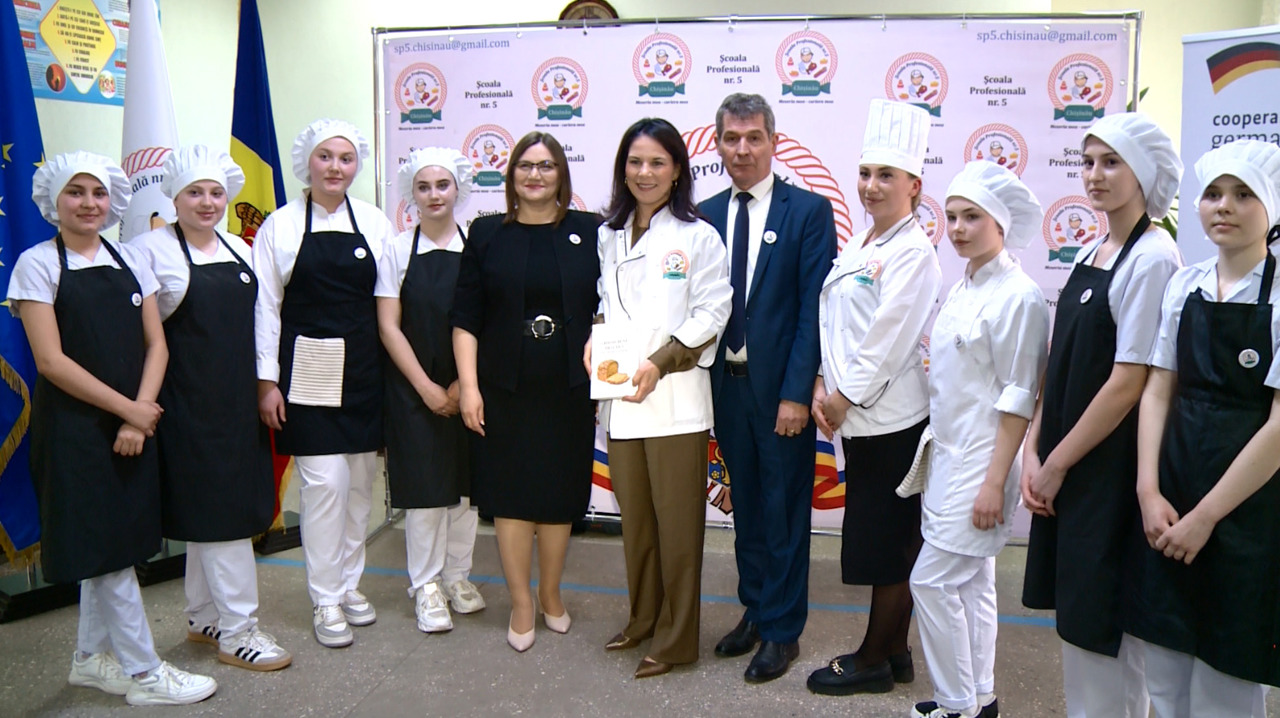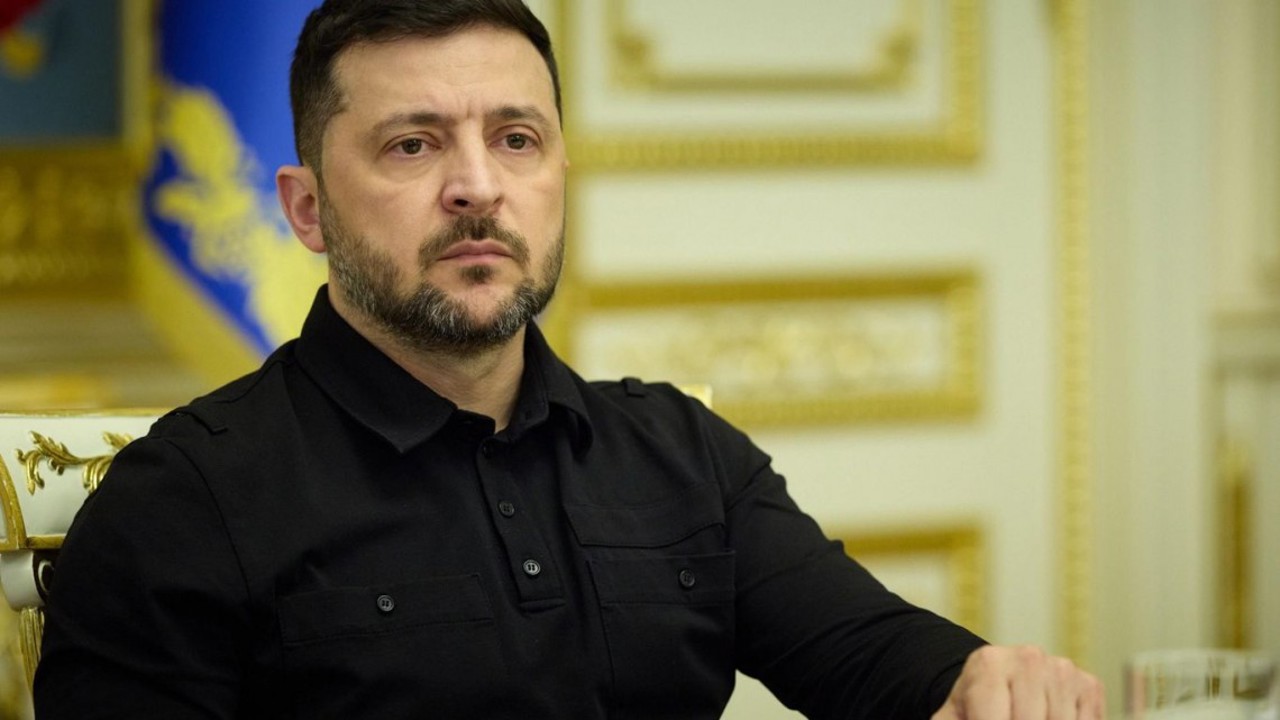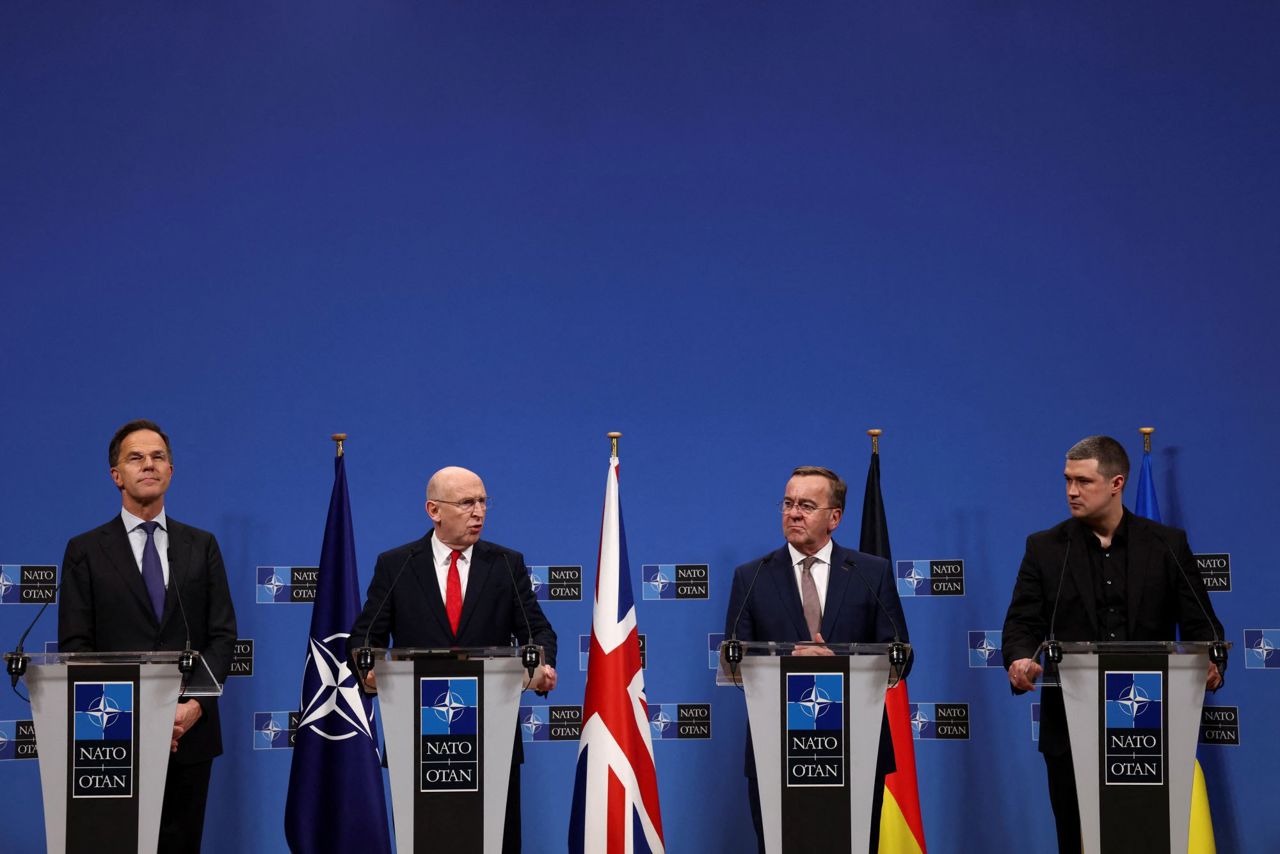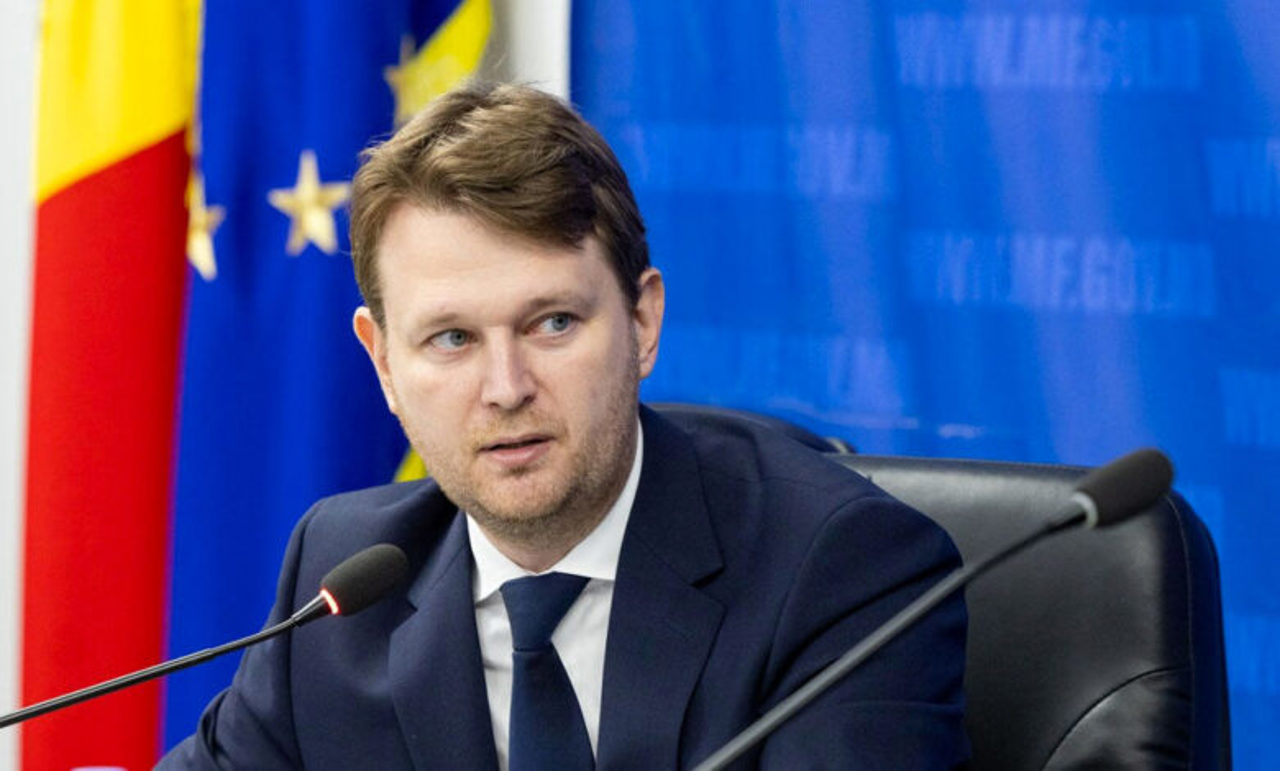Moldova’s dual education model boosts workforce skills
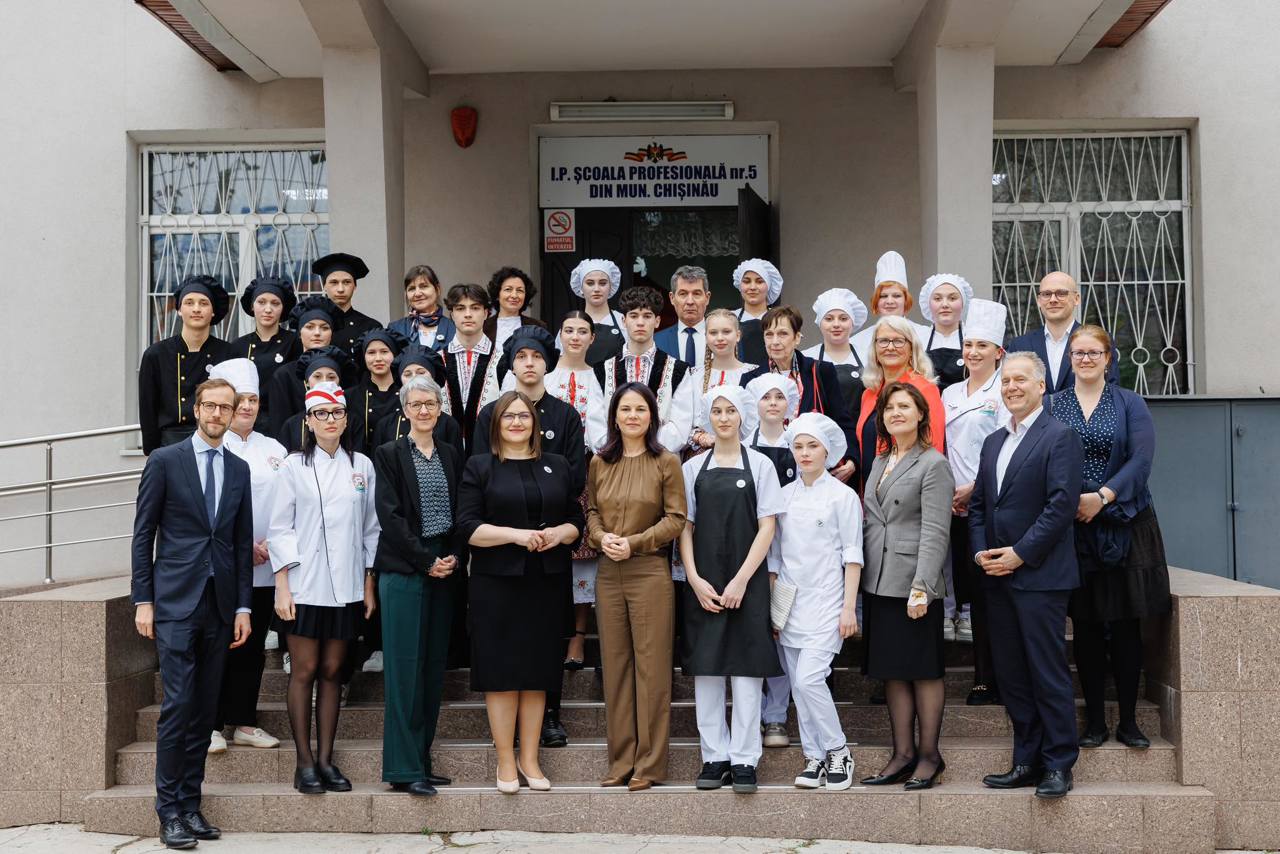
Dual education is steadily gaining traction in the Republic of Moldova as an innovative approach that combines theoretical classroom instruction with extensive hands-on training.
One of the institutions implementing this system since 2019 is Professional School No. 5 in Chișinău, which specializes in the food industry. Currently, over 250 students are enrolled in programs that follow the dual education model.
Students report gaining valuable experience through practical training.
"I specifically chose dual education because 70 percent of it is practical and the remaining portion is theoretical. This approach suits us well since we spend most of our time in hands-on training, making it easier to master our craft," one student explained.
Earning their own money also plays a significant role in shaping students’ sense of responsibility.
"Being financially independent helps me a lot. I feel a great sense of responsibility knowing that my parents don’t have to support me because I earn my own income from the company where I train," another student added.
Industry stakeholders acknowledge that, while the dual education process has its challenges, it is a valuable system that enhances employment opportunities and reduces staff turnover.
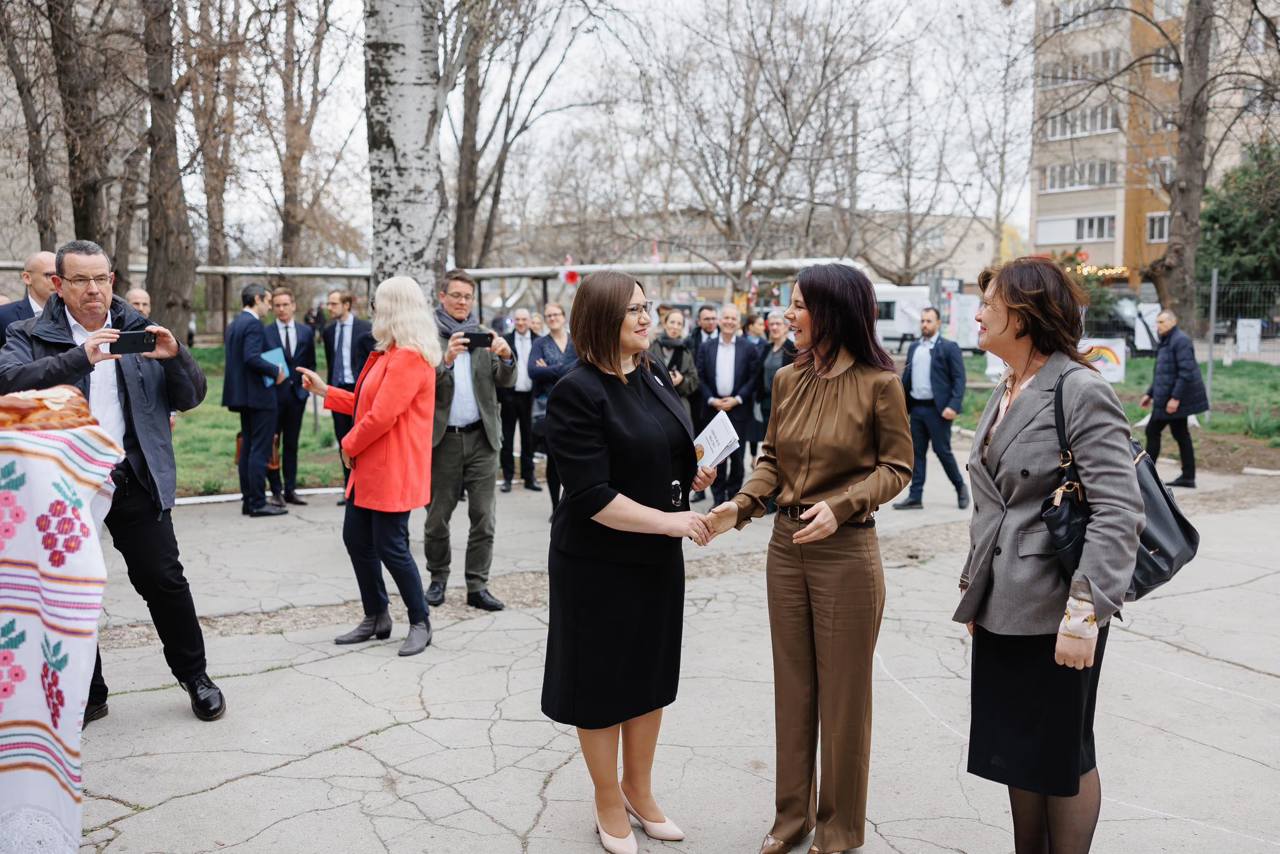
"After graduation, our company has an 80% employment rate. Students choose to stay with us because, during their studies and practical training, they develop essential skills and become familiar with the work environment," said entrepreneur Cristina Marginean.
"Businesses have an established organizational culture. Since students spend 70 percent of their time at the workplace, they naturally integrate into this culture, making the transition into full-time employment much smoother," noted Mariana Juc, director of Professional School No. 5.
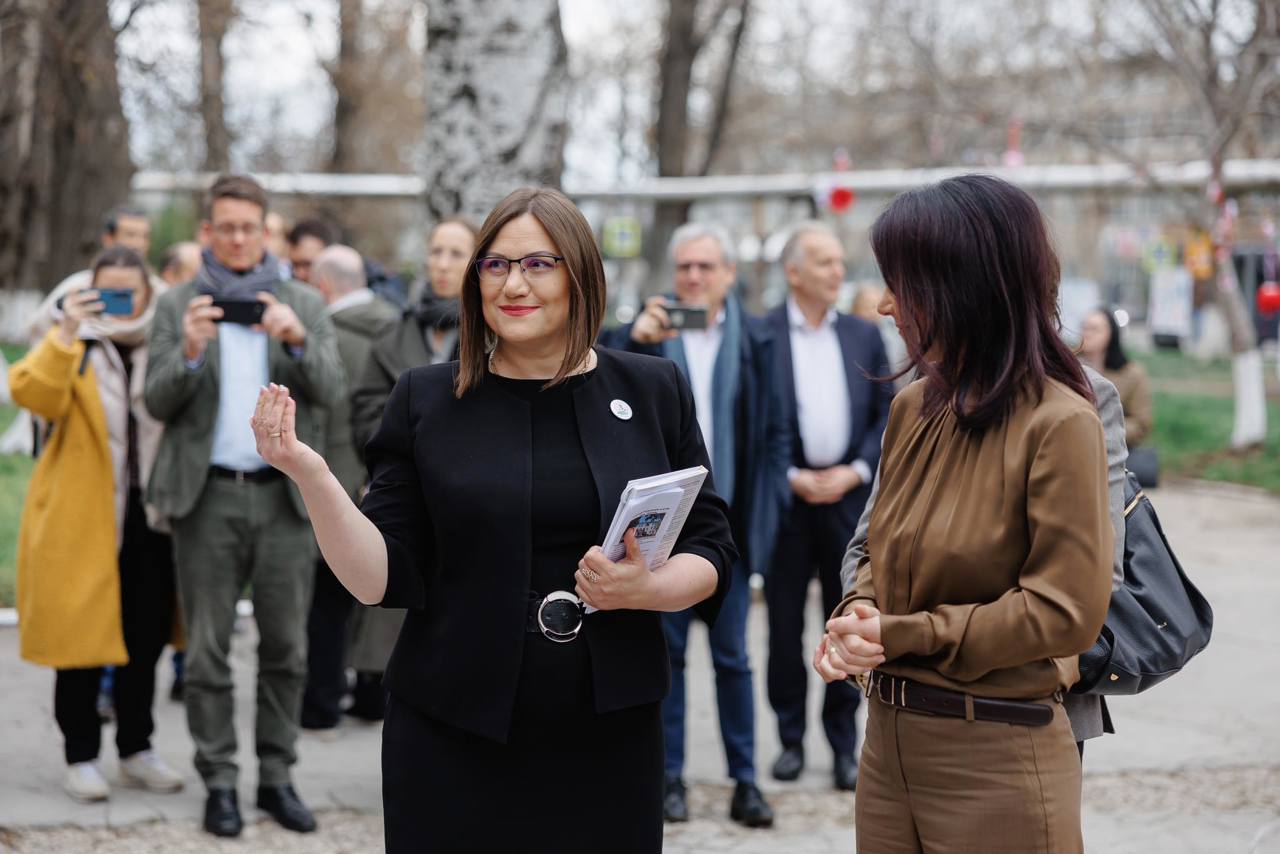
German Foreign Minister Annalena Baerbock recently visited the institution, where dual education has been implemented with financial support from the German government. She engaged with students and teachers to discuss the benefits of the program and even joined them in preparing various dishes, including traditional specialties.
Baerbock emphasized the importance of developing the education system as part of Moldova’s European integration efforts, noting that the dual education model was adapted from Germany’s curriculum.
"Germany wants to support Moldova’s path toward the European Union, ensuring a strong democracy and creating opportunities for young students and future generations. Children and students are the future of society. This is why Germany considers it essential to support not only security and infrastructure but also education," she stated.
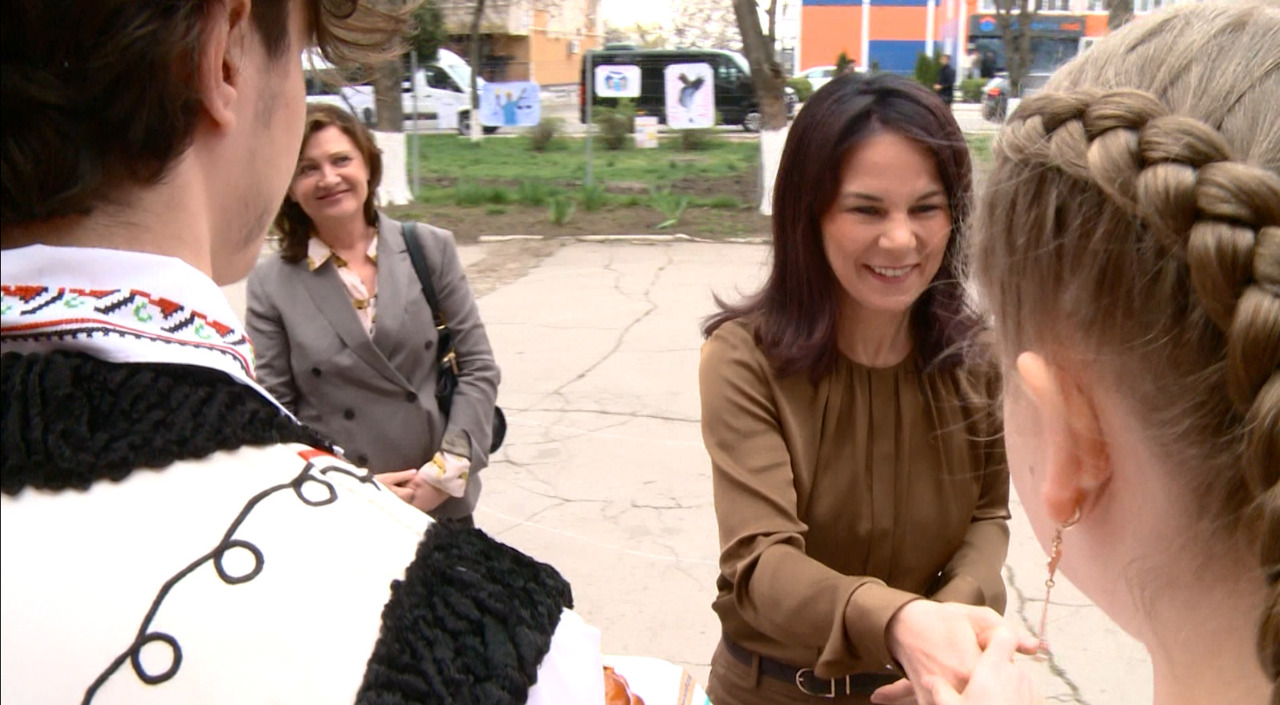
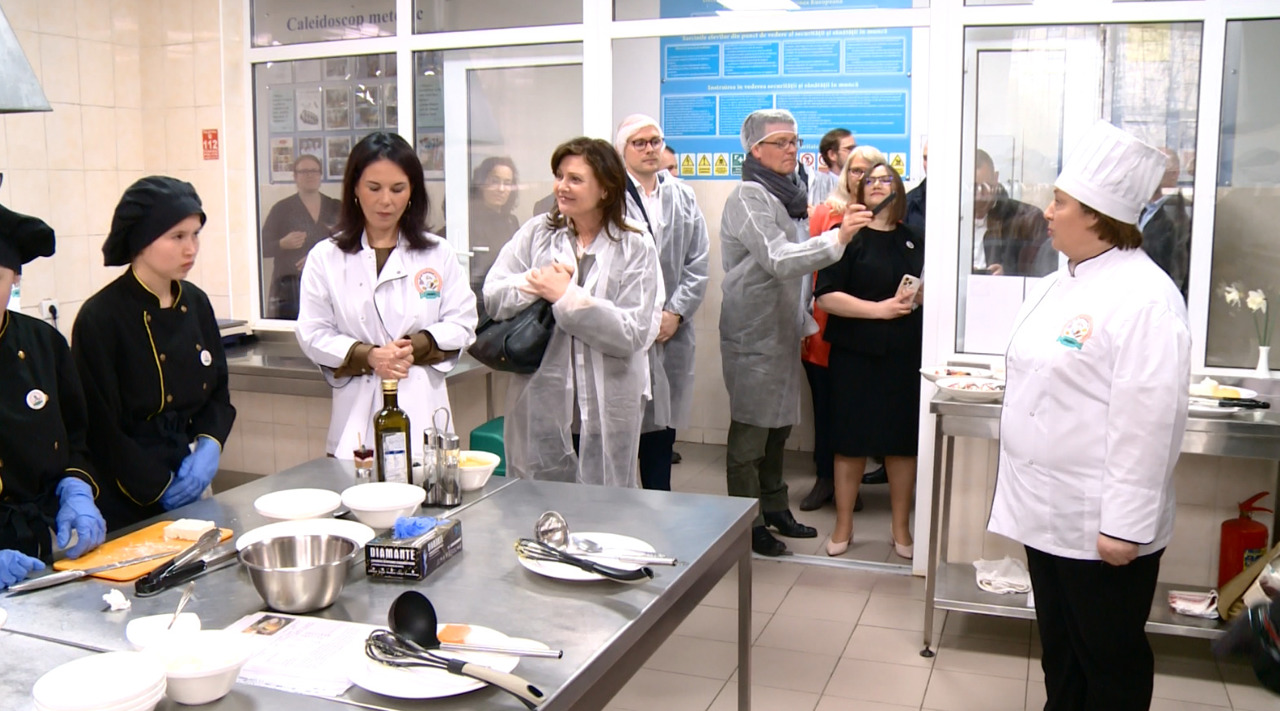
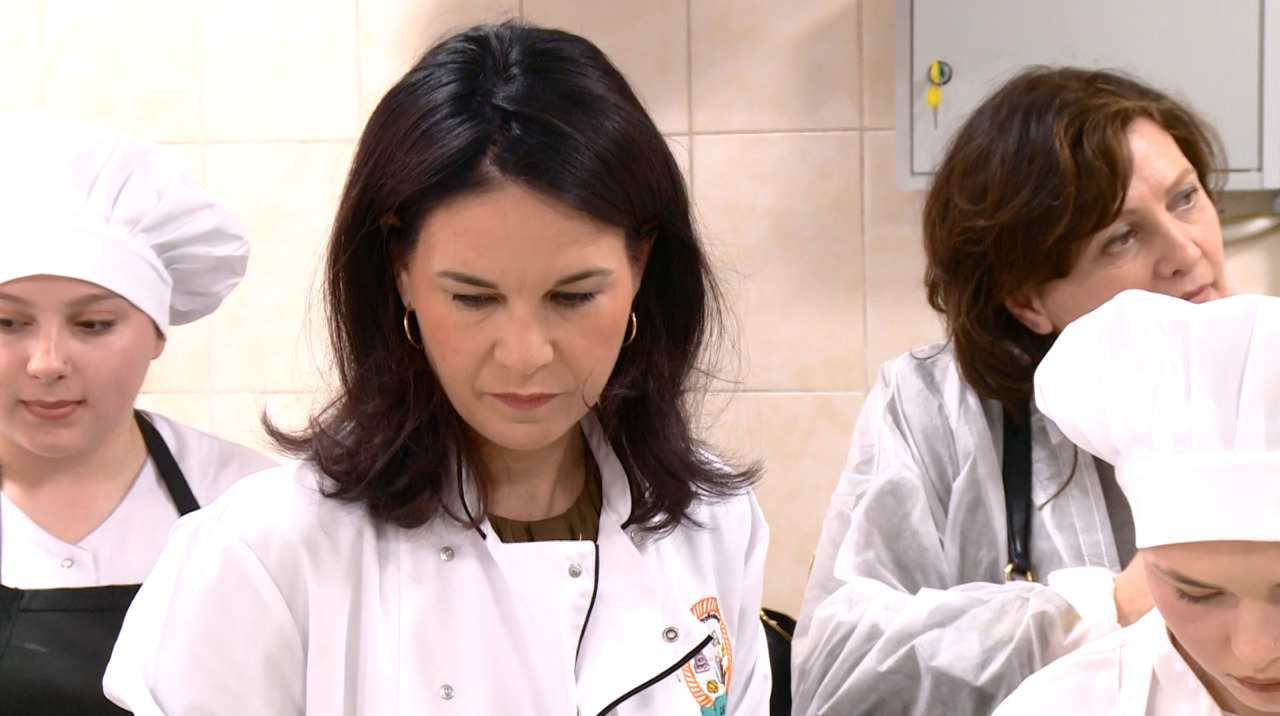
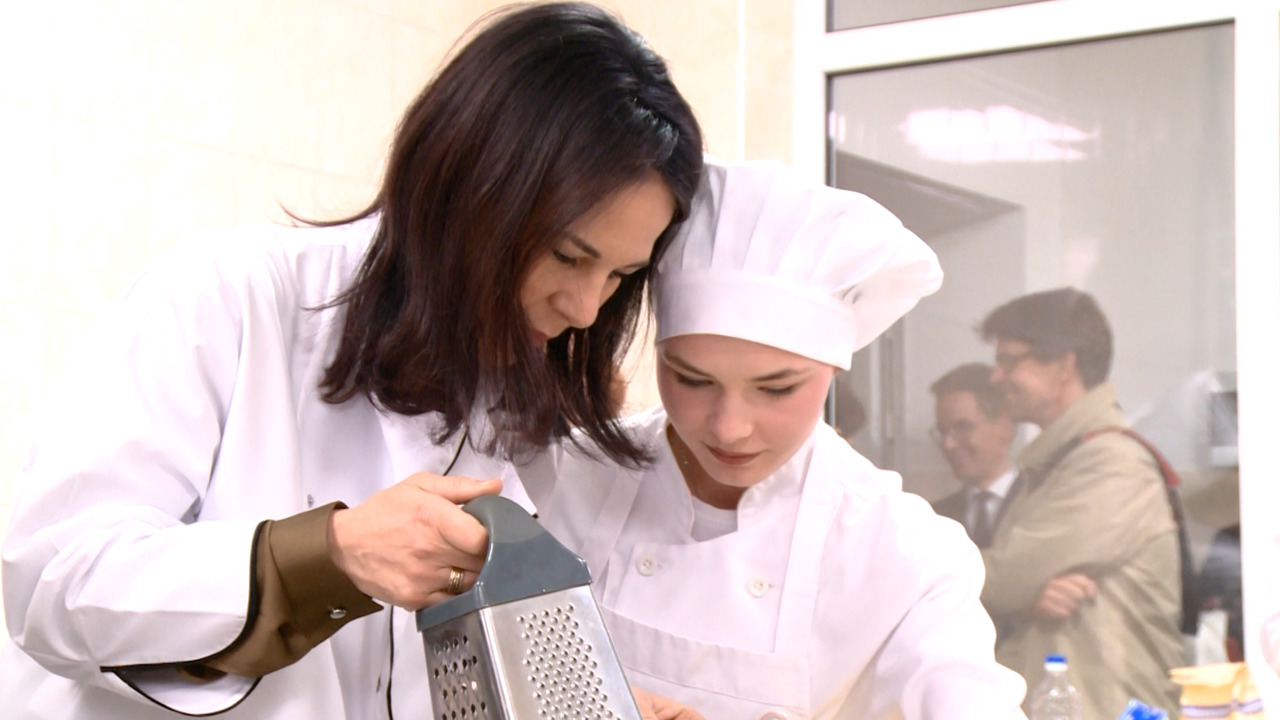
Implemented in Moldova since 2014, dual education is an educational model that integrates classroom learning with real-world professional experience. With a structure of 70 percent practical training and 30 percent theoretical instruction, the system aims to improve the employment prospects of students in technical education while bridging the gap between academia and labor market demands.
During her two-day official visit to Chișinău, Annalena Baerbock also met with President Maia Sandu and Prime Minister Dorin Recean. Their discussions focused on Germany’s support for Moldova, bilateral cooperation, and the country’s progress toward European integration.
Translation by Iurie Tataru
